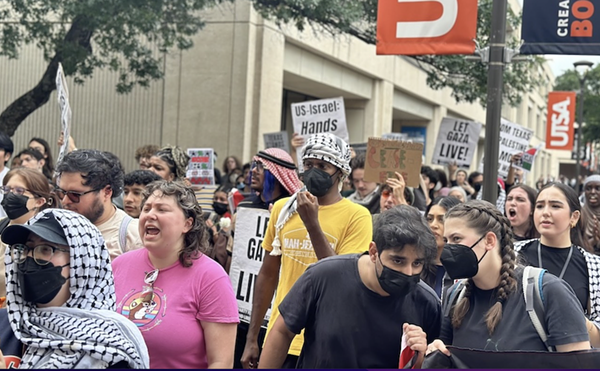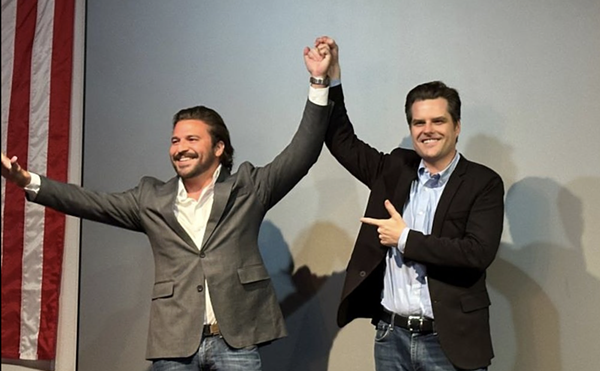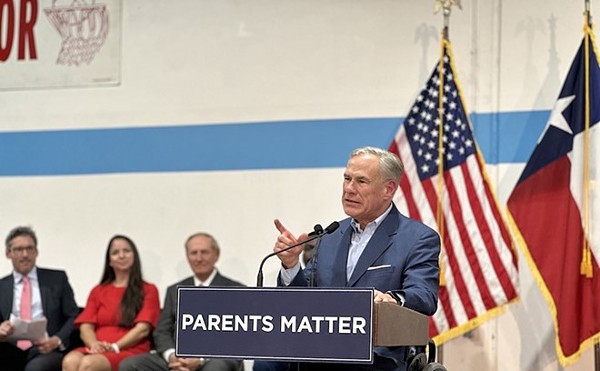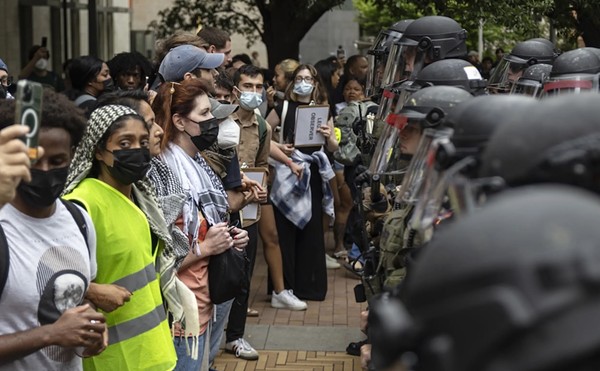The independent position Special Rapporteur on the Human Rights of Migrants was created by the United Nations Commission on Human Rights in 1999 with the mandate to “examine ways and means to overcome the obstacles existing to the full and effective protection of the human rights of migrants, including obstacles and difficulties for the return of migrants who are undocumented or in an irregular situation.” Generally, the Rapporteur meets with the government and non-governmental organizations as well as migrants following complaints received by his office.
Jorge Bustamante, a 69-year-old Notre Dame professor and Mexican national, was appointed to the position in August 2005, and has since investigated on human rights of migrants and refugees in China and Indonesia, and most recently the United States. However, Bustamante’s latest 18-day tour of the U.S. was hindered substantially by the U.S. Department of Homeland Security, who blocked him from visiting two detention facilities. Bustamante, who was Mexico’s nominee for the Nobel Peace Prize in 2006, spoke with the Current over the phone in between visiting federal immigration officials.
Did someone from the UN request an invitation to the U.S., or did it originate with the US government?
Actually it originated by myself, expressing an interest to visit the United States as a UN special Rapporteur for the Human Rights of Migrants. Then they responded, issuing the invitation.
Which government body issued it? Was it the Department of Homeland Security?
It was the Department of State through the U.S. Embassy at the United Nations in Geneva. And then after that we began a communication negotiating my program. I expressed an interest to visit detention centers in the UNited States. They responded, programming the visit of three detention centers.
Which detention centers?
Hutto, the one in Florence `Arizona`, then another one in New Jersey. And then they all of a sudden cancelled the visit that had been approved for the Hutto detention center and the New Jersey detention center. And so I requested an explanation of that decision to the Ambassador of the United states in Geneva and no response.
You did get to speak with individuals who had lived in Hutto. What sort of impression did they give you of their treatment?
They spoke about gross violations of human rights, in terms of separation of children from their parents, in terms of nourishment of the children, in terms of treatment of the children, the health of the children, and basically things that depressed very evidently.
Other than families, one difference between the Florence and Hutto detention centers is Hutto mostly handles OTMs (Other-than-Mexicans) and Florence handles Mexican immigrants, which is strange in the U.S. because they’re divided into two separate categories. In the eyes of the UN, is there a difference if you’re an asylum seeker or what people call an economic refugee?
The basic distinction I will make about the Hutto facility is that they have several tens of children that are there, according to the parents I interviewed, in violation of their human rights in the sense that I explained to you about separation from their parents, nourishment, health, treatment, and these are the violations they spoke about. The basic distinction is between children and adults. That is the only distinction that I have heard from the parents and from the children.
What’s the most relevant U.N. resolution? Rights of Migrants, Human Rights, Rights of the Child? Which one is most relevant?
I think the agreement that the United States has approved about the proceedings for Special Rapporteurs. In this case these proceedings were not fulfilled because the United States was supposed to open information and open facilities for the kind of work that the special rapporteur is supposed to do, and they of course denied that possibility. In terms of human rights, what would be relevant would be the UN covenant on the civil and political rights of individuals.
In the press, there were two general things that we heard about why `DHS` rejected you. The first answer was from AP, which was that Homeland Security had never been made aware of this. The second thing was that they changed their mind because they’re in the middle of litigation with the ACLU. Did you ever get a clarification or reason for why you weren’t allowed to visit Hutto?
Not officially, but I’ve heard from reporters, from the media. They have been told what you just mentioned, that the detention facility was under investigation and that was the reason why the visitation was cancelled. That was not said to me directly. It was said to media, that then they referred that to me.
But they did tell you personally that you weren’t going to be allowed to come.
They actually said that officially to my office in Geneva, the United Nations office, and they told me. The United Nations from Geneva sent an email saying that to me.
It’s easy for us as journalists to make a comparison of hypocrisy. The US was all over Iraq’s case for not allowing weapons inspectors in, the same with Korea, with not allowing weapons inspectors to do their jobs. Is it fair to say there’s a similar element here in not allowing human-rights inspectors in?
I wouldn’t like to enter into that kind of judgement because that would be a speculation from my part and I wouldn’t like to do that.
You’ve done research on the way migrants are treated in China and Indonesia; are there any comparisons that can be made between America?
Obviously there are comparisons that I could make in my mind, but I’m not supposed to make this for on the record.
As a practice, has the privatization of immigrant detention been something of concern to you? Was that something that kept you from doing your job?
Well, it’s something that concerns me to the extent that the responsibility of the state, that is the responsibility of the United States country, is relinquished, it’s put aside, and they blame the contracting corporation, but they don’t actually blame directly. It’s a very vague blame, and so there is nobody that seems to be responsible for whatever grievances the immigrants, the inmates, might have.
What happens next? Are you preparing a report for the UN?
I will collect my notes and have them ready for the writing of my report that I should finish in the following month.
Do you usually make recommendations?
Yes, I’m supposed to make recommmendations.
Can you talk about any of those ideas for recommendations?
No, because I will do them after I finish my report. Then I’m not expected to share this thing on the record until I present the report in front of the General Assembly. The date will be determined by the United Nations, because it depends on a number of factors, but the date is going to be announced on the website of the United Nations.


















